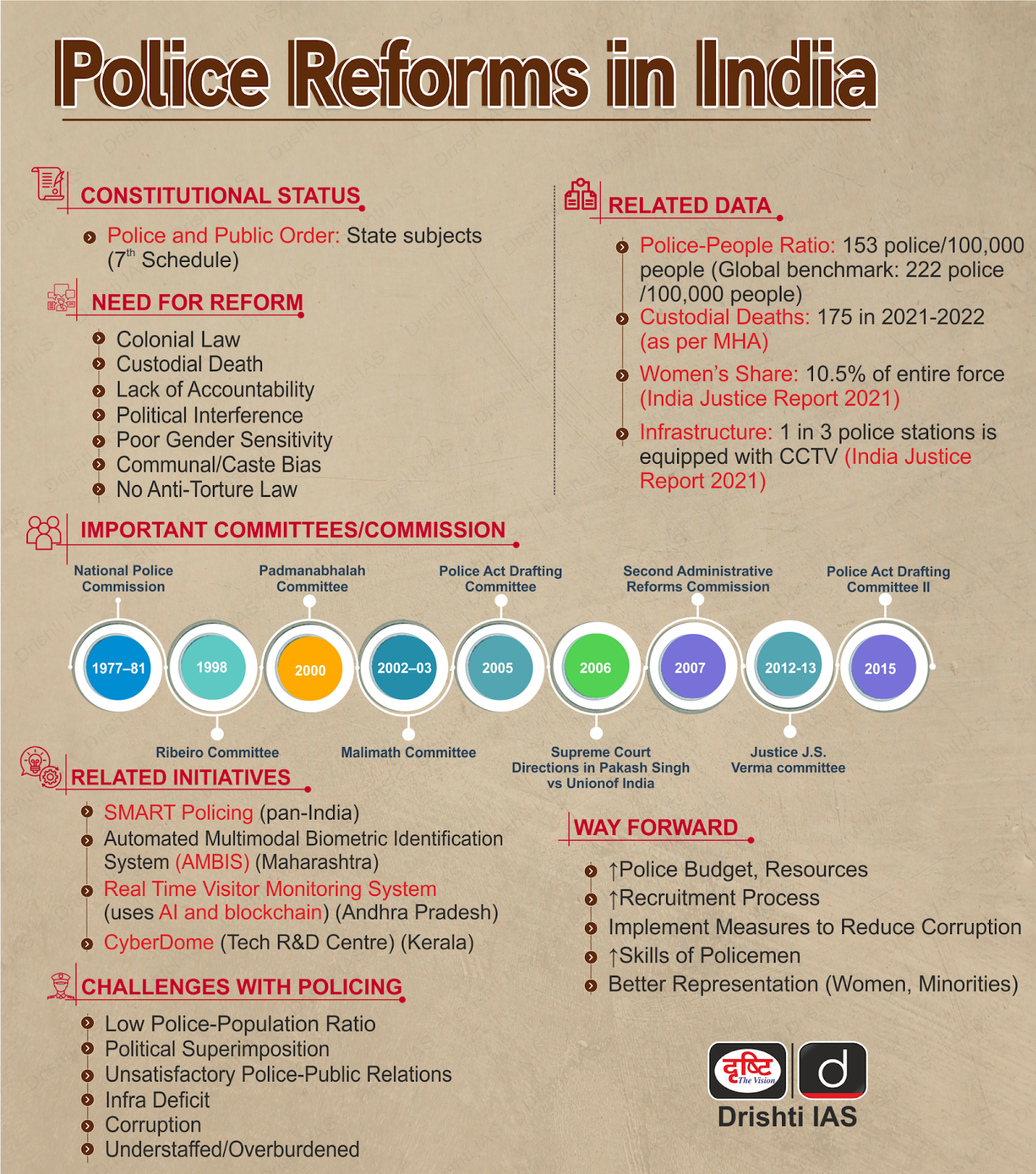Uttar Pradesh Switch to Hindi
Minority Status to Aligarh Muslim University
Why in News?
Recently, The Supreme Court ruled on the minority status of Aligarh Muslim University (AMU). The case stemmed from petitions seeking to restore AMU's minority status, which was struck down by the Allahabad High Court in 2006.
Key Points
- The Court overruled the 1967 Constitution Bench decision, which had stated that AMU could not be considered a minority institution as it was established by a statute and was a central university.
- Key Observations:
- The court held that an institution created by a minority community qualifies as a minority educational institution, regardless of how it is legally constituted.
- The purpose of such institutions is to preserve the community's cultural fabric.
- Minority status does not depend on the institution being solely for the community, but predominantly benefiting it.
- The Court found that the loss of administrative control by the community does not strip the institution of its minority character.
- Article 30(1) Significance:
- Article 30(1) grants minorities the right to establish and manage educational institutions to preserve their educational and cultural values.
- The right to administer does not require community members to manage the institution but ensures its autonomy to maintain community-specific educational goals.
- Article 30(1) grants minorities the right to establish and manage educational institutions to preserve their educational and cultural values.
- The AMU Case:
- AMU, established in 1875, was granted minority status by Parliament through the AMU (Amendment) Act, 1981 but this provision was invalidated by the Allahabad High Court in 2006.
- Government's Argument:
- The Centre argued that AMU, as an institution of national importance, cannot be considered a minority institution due to its national character.
- The government contended that AMU is not limited to any particular religion or community.
- University's Stand:
- AMU maintained that it was originally established by the Muslim community to provide education and empowerment to its members
Uttar Pradesh Switch to Hindi
New Rules for Appointing Police Chief
Why in News?
Recently, The Uttar Pradesh government has framed new rules for appointing the state’s Director General of Police (DGP).
Key Points
- Uttar Pradesh's New Rules on DGP Appointment are:
- The UP Cabinet approved the Director General of Police, Uttar Pradesh Selection and Appointment Rules, 2024.
- DGPs will be selected by a committee considering the officer's service record, experience, and remaining tenure.
- Only officers with at least six months of service left before retirement are eligible for the post.
- Appointed DGPs will serve a minimum of two years.
- The selection committee includes a retired High Court judge, UP Chief Secretary, Union Public Service Commission (UPSC) representative, and others.
- Existing Practice:
- The state government must send a list of eligible senior officers to the UPSC three months before the incumbent DGP's retirement.
- The UPSC reviews the list and sends a shortlist of three candidates to the state for the final appointment.
- Only officers with a minimum remaining tenure (before retirement) of six months from the date of creation of the vacancy would be eligible for the appointment as DGP. Once appointed, the DGP would have a minimum tenure of two years.
- Reason for New Rules:
- The rules were introduced in response to a contempt notice from the SC following multiple petitions challenging the appointment of temporary DGPs.
- The petitions argue that temporary appointments violate SC directives meant to insulate the police from political influence.
- Although 17 states have enacted their own Police Acts, UP had not done so until now.





 PCS Parikshan
PCS Parikshan


